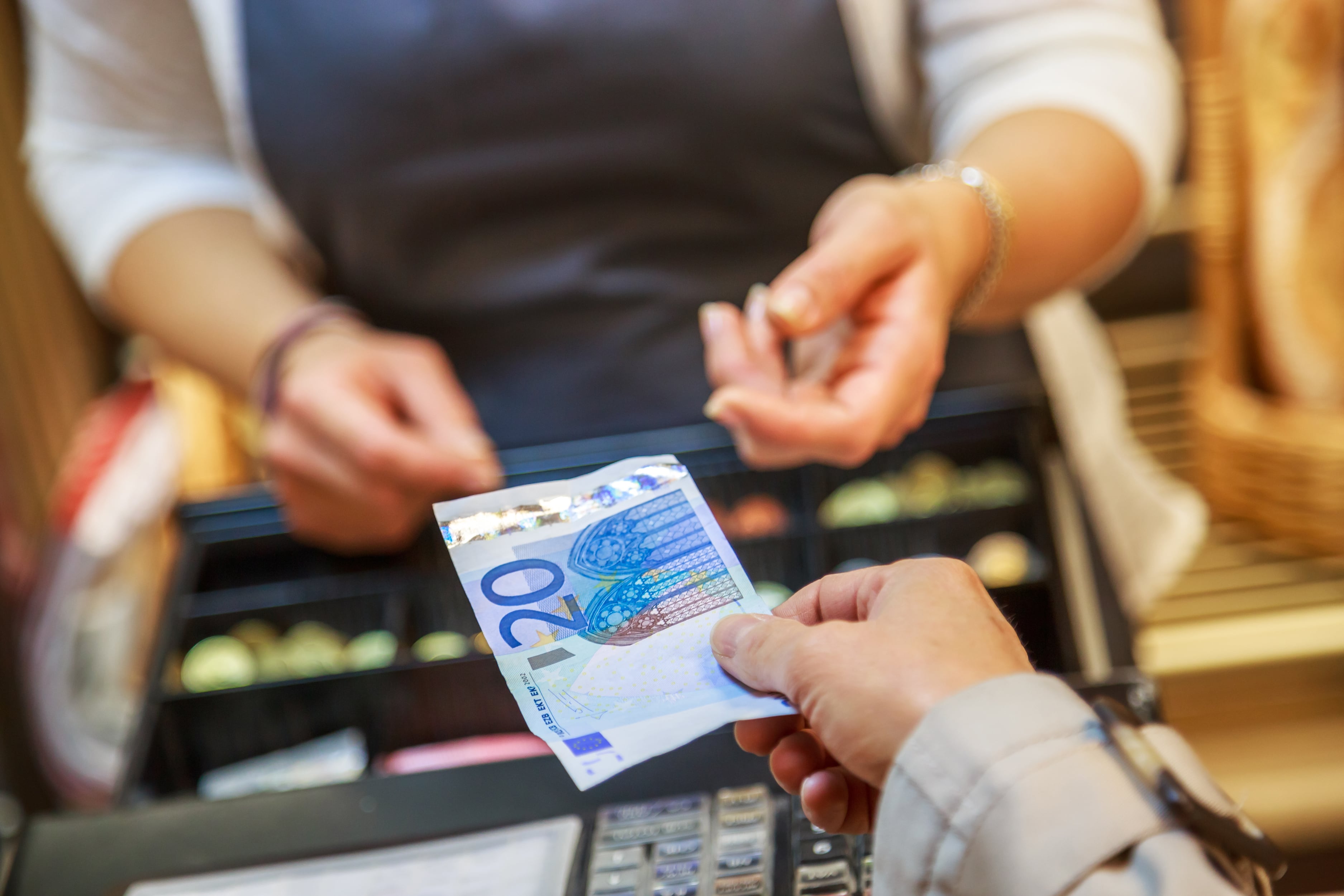
The ECB’s rate cut and expectations that this movement will be repeated in the coming months have accelerated the depreciation of the euro. In just three weeks the community currency has gone from the 1.12 dollars it registered at the end of September to the current 1.078 greenbacks. That is, it falls 3.9% and erases the accumulated gains for the year in a downward trend that could accelerate. The fear of escalation of the tariff war if Donald Trump wins the elections in a context of lower interest rates in which the eurozone does not stop showing signs of weakness, aggravating the weakness of the euro. In recent weeks the ghosts of parity have hovered over the financial markets. However, it is still far from 0.98 dollars that it reached in September 2022minimum of the last two decades.
Aside from the effects on monetary policy, the weakness of the euro has consequences on investment, businesses, consumption and tourism. What are the effects of the euro/dollar parity?
European consumers: European citizens see their savings decrease if the euro depreciates and those who travel outside the eurozone will have less purchasing power. For example, if they travel to the United States they will need more euros to purchase dollars. In addition, the US currency is the currency to which raw materials such as oil and gas are referenced. If the euro is worth less, more money will be needed to refill the car’s tank. That is to say, the price of gasoline and electricity, which uses gas for its production, becomes more expensive, as do all those products that are not manufactured in the euro zone.
Tourism: For an economy like the Spanish one, in which tourism contributed 12.8% to the Gross Domestic Product (GDP) in 2023, the exchange rate is especially important. All those who want to travel to the US will see how they get fewer dollars for their euros. While American tourists will be able to buy cheaper, Europeans will need extra savings. A report prepared by Bankinter analysts recalls that the weak euro benefits tourism because it makes products from the euro zone more competitive and tourists whose currency is stronger have greater spending capacity on their vacations. This will result in greater income for hotels, restaurants and bars. However, Sergio Ávila, IG analyst, calls for caution and points out that, although the weakness of the currency could in principle be positive, it also has its drawbacks. “It could increase dependence on the United States, raise prices and generate labor tensions, especially in popular destinations such as Spain or France,” he recalls.
Companies: The exchange rate affects the pockets of consumers and has a direct impact on the trade balance of countries. A weak currency helps companies gain competitiveness in exports. If money is worth less, the products are cheap and the possibility that buyers from outside the euro zone will opt for them increases. On the contrary, imports from outside the euro club countries become more expensive. “Sectors such as exports and tourism benefit, while the financial sector faces greater challenges due to fluctuations in the exchange rate,” Ávila highlights.
Inflation: The rise in import prices directly affects price stability because production and consumption costs increase. If raw materials and inputs become more expensive, companies will be forced to raise the price of products to maintain margins. Now that inflation in the euro zone has fallen to 1.7%, currency weakness could fuel tension. In fact, The president of the ECB, Christine Lagarde, did not want to give details of the next steps to follow and in the last meeting he warned of an increase in prices in the final stretch of the year. In addition to the base effect, the increase in prices derived from geopolitical tensions and the weakness of the common currency could lead the ECB to keep rates stable at 3.25% to achieve the inflation target of 2%. This is especially delicate at a time like the current one in which macroeconomic indicators are beginning to deteriorate and economies such as Germany – which contracted again by 0.1% in the second quarter – are showing signs of weakness.
Investment: The weakness of the euro against other currencies impacts both European and international investors. Sergio Ávila highlights that from the point of view of euro zone investors, foreign markets offer opportunities, but they are impacted by the exchange rate. That is, the possible profits will be diluted when making the change to euros. On the other hand, for foreign investors, investing in the stock market or European debt becomes more attractive and accessible.
Likewise, if the economic situation in the euro zone worsened and the ECB was forced to lower rates more quickly, a divergence in the monetary policies of the two major central banks would be repeated. With a US Federal Reserve With room to maintain high rates for longer, US debt yields would remain high and serve as a hook for investors. This would help accelerate the transfer of capital from Europe to the United States.

